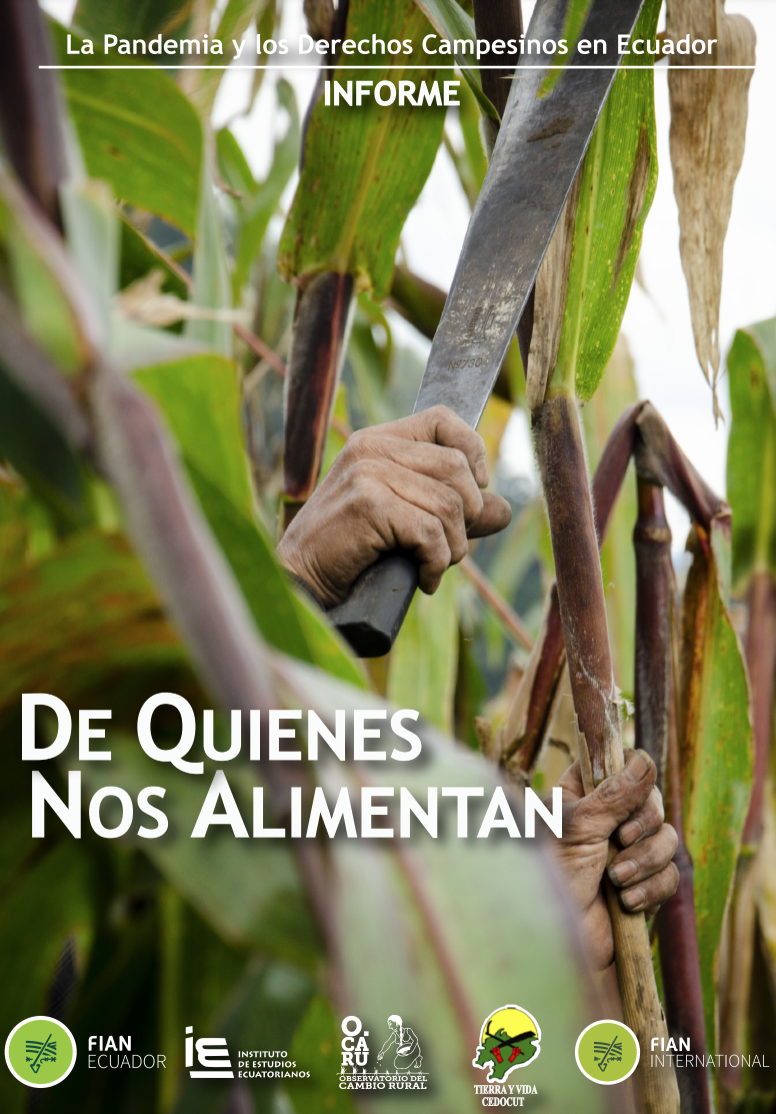The impact of land property rights interventions on investment and agricultural productivity in developing countries: a systematic review
We conducted a systematic review on the effects of land tenure recognition interventions on agricultural productivity, income, investment and other relevant outcomes. We synthesise findings from 20 quantitative studies and nine qualitative studies that passed a methodological screening. The results indicate substantial productivity and income gains from land tenure recognition, although gains differ markedly by region. We find that these effects may operate through gains in perceived tenure security and investment; we find no evidence for a credit mechanism.




